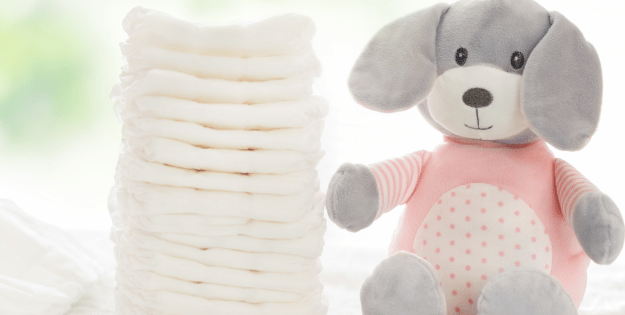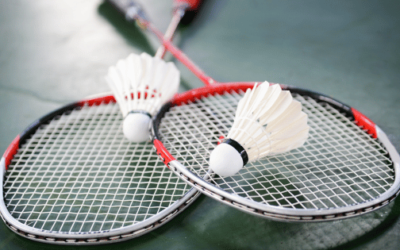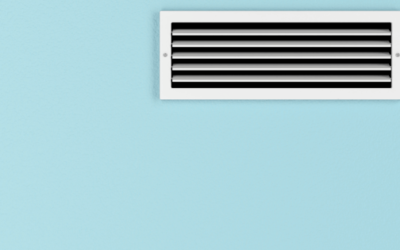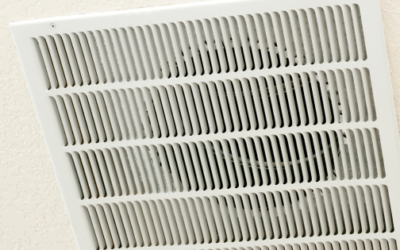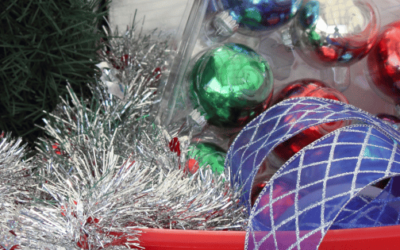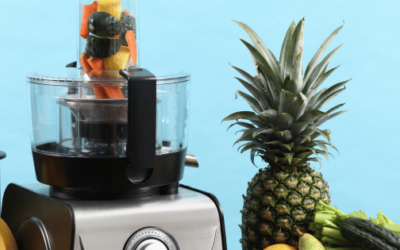In a world increasingly aware of environmental issues, parents are seeking sustainable alternatives for their little ones. Biodegradable nappies have emerged as a popular choice, offering a guilt-free solution to the mountains of waste generated by traditional disposable options. These eco-friendly nappies not only reduce landfill impact but also provide comfort for babies, making them an attractive choice for modern families.
With a plethora of brands and options available, finding the best biodegradable nappies can be overwhelming. This guide will explore top contenders in the market, highlighting their features, benefits, and what sets them apart. By choosing biodegradable nappies, parents can contribute to a healthier planet while ensuring their child’s comfort and well-being.
Top Amazon Sellers
Key Takeaways
- Sustainable Choice: Biodegradable nappies are an eco-friendly alternative to traditional disposables, significantly reducing landfill waste and environmental pollution.
- Comfort and Fit: These nappies are designed for enhanced baby comfort, using soft, flexible materials that accommodate various body shapes.
- Superior Absorbency: The best biodegradable nappies maintain high absorbency levels, effectively keeping babies dry and minimizing leaks.
- Convenient Disposal: Unlike reusable nappies, biodegradable options simplify disposal without the need for washing, catering to busy parents.
- Key Features: Look for nappies made from natural plant-based materials and those with verified eco-certifications to ensure sustainability and performance.
- Proper Disposal: Follow local guidelines for disposal, and consider options for composting, recognizing that not all biodegradable nappies break down effectively at home.
Understanding Biodegradable Nappies
Biodegradable nappies provide an eco-friendly alternative to traditional disposable options. These products break down naturally, reducing the environmental burden of waste created by conventional nappies.
What Are Biodegradable Nappies?
Biodegradable nappies consist of materials designed to decompose over time. These nappies utilize plant-based elements and natural fibres that promote faster breakdown, making them a preferred choice for environmentally conscious parents.
Benefits of Using Biodegradable Nappies
Biodegradable nappies offer several benefits, including reduced landfill waste and decreased environmental pollution. Additionally, they often feature softer materials, enhancing baby comfort and contributing to a more sustainable parenting approach.
Features of the Best Biodegradable Nappies
The best biodegradable nappies combine functionality with eco-friendliness. These essential features enhance performance while prioritising environmental sustainability.
Eco-Friendly Materials
Best biodegradable nappies utilise plant-based materials and natural fibres. These components ensure quicker decomposition, keeping ecological impact minimal. They promote sustainability in parenting by relying on renewable resources, appealing to environmentally aware families.
Comfort and Fit
Best biodegradable nappies provide a comfortable fit for babies. Their design focuses on softness and flexibility, ensuring ease of movement. They also accommodate various body shapes, which supports comfort throughout the day and night.
Absorbency and Performance
Best biodegradable nappies offer superior absorbency without sacrificing performance. Advanced materials facilitate moisture retention, keeping babies dry while reducing the likelihood of leaks. Reliable performance helps maintain hygiene and overall comfort for infants and their caregivers.
Comparing Biodegradable Nappies with Other Options
Biodegradable nappies offer distinct advantages when compared to traditional and reusable alternatives. These options provide parents with informed choices that align with their sustainability values.
Biodegradable Nappies vs. Traditional Disposable Nappies
Biodegradable nappies decompose more quickly than traditional disposable nappies, which contribute significantly to landfill waste. Traditional options may contain plastics and synthetic materials, hindering their breakdown and environmental impact.
Biodegradable Nappies vs. Reusable Nappies
Biodegradable nappies offer convenience over reusable nappies, requiring no washing and less maintenance. While reusable nappies provide environmental benefits, the best biodegradable nappies simplify the disposal process, catering to busy parents who value sustainability.
How to Choose the Right Biodegradable Nappy
Choosing the best biodegradable nappies involves considering several key factors that ensure comfort and sustainability for the baby.
Factors to Consider
Material composition, absorbency levels, size options, and eco-certifications play significant roles. Parents should look for nappies made from natural, plant-based materials that decompose efficiently. Keep in mind the baby’s weight and age to find the right size for optimal fit and comfort.
Top Recommendations
When selecting from the best biodegradable nappies, focus on options that offer exceptional absorbency and softness. Prioritising those with verified environmental certifications ensures minimal impact. Opt for packaging that emphasises sustainability to support eco-friendly practices, thereby making a positive contribution to waste reduction.
Disposal and Composting Practices
Disposing of biodegradable nappies correctly maximises their environmental benefits. Sustainable disposal methods reduce landfill waste and promote eco-friendliness.
Can You Compost Biodegradable Nappies?
Not all biodegradable nappies compost effectively. Check each product’s guidelines to ensure that it’s compostable in an appropriate facility. Home composting typically doesn’t reach the necessary temperatures to decompose nappies properly.
Best Practices for Disposal
Dispose of biodegradable nappies in accordance with local waste management guidelines. Opt for dedicated bins if available, and avoid mixing with conventional waste. Seal nappies in biodegradable bags to minimise odour and leakage during transit.
Conclusion and Top Picks
Choosing the best biodegradable nappies is a significant step towards a more sustainable lifestyle for parents and their little ones. By considering factors like material composition and absorbency, parents can ensure they’re making an informed choice that benefits both their baby and the environment.
Prioritising products with eco-certifications and sustainable packaging further enhances their positive impact. Proper disposal practices are equally crucial to maximise the environmental benefits of these nappies.
With the right selection and responsible disposal, biodegradable nappies can play a vital role in reducing waste and promoting a healthier planet for future generations.
Frequently Asked Questions
How do biodegradable nappies break down?
Biodegradable nappies break down through natural processes involving bacteria and microorganisms. When disposed of correctly in an industrial composting facility, they can decompose in a few months, unlike traditional nappies that can last hundreds of years in landfills.
What materials are used in biodegradable nappies?
Biodegradable nappies are typically made from plant-based materials, such as wood pulp, corn starch, and sugarcane. These materials are designed to decompose more quickly and reduce environmental impact compared to conventional diaper materials.
How should I choose biodegradable nappies for my baby?
When selecting biodegradable nappies, consider the material composition, absorbency levels, size options, and eco-certifications. Ensure the nappy fits your baby’s weight and age while providing comfort and excellent absorbency.
Can all biodegradable nappies be composted at home?
Not all biodegradable nappies are suitable for home composting due to insufficient decomposition temperatures. It’s important to check the product guidelines for compostability and consider using an industrial composting facility instead.
What are the disposal guidelines for biodegradable nappies?
To maximise the environmental benefits, follow local waste management guidelines for disposing of biodegradable nappies. Use dedicated bins for their disposal, and avoid mixing them with conventional waste to prevent contamination.

